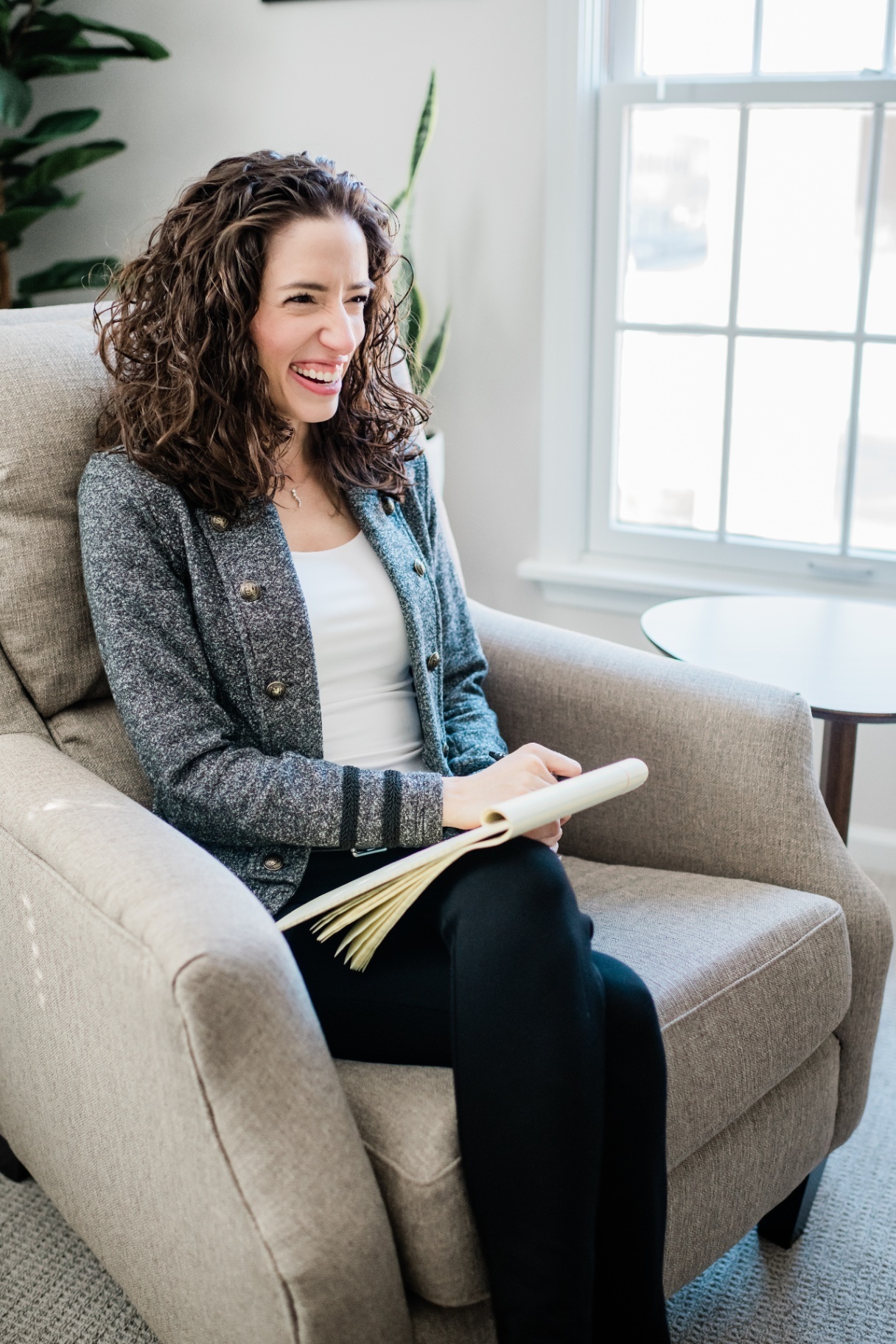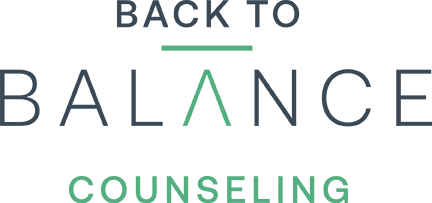
If any of these resonate with you, chances are that we need to meet:
- You’re a high achiever with persistent anxiety
- You’re a stay at home mom who feels like you’re never doing enough even though you do all the things
- You’re a dad who is providing for your family, and trying to not bring work or financial stress home with you
- You’re a working mom battling the mom guilt because you’re split in so many different directions
- You’re a people pleasing over-thinker who cannot say no
What to expect when working with me…
During our work together, you’re going to get in touch with the things that are most important to you (or figure out what they are if you don’t already know). We’re going to use these things to help you learn how to give yourself permission to step away from people pleasing, overthinking, stress, anxiety, etc., and actually give yourself a fair shot for once. We only have one life to live, and it’s important to me that you learn to enjoy yours (and the crap that comes with it at times).
I get to know my clients as people, not as problems.
If you’re sitting on my couch, you have my attention. I’m going to ask some questions that may seem irrelevant, but it will help me gain the full picture of you and your strengths. Because I’m naturally a straight-shooter, I appropriately challenge my clients by discussing avoidance and other safety seeking behaviors. You’ll leave sessions with actionable steps that you can take toward a values-aligned, meaningful life. If I’m being really honest, we will laugh, too…a lot.

Why I do what I do
I’m often told that I don’t seem like the “typical counselor.” That’s a huge compliment in my world! It’s been my goal to create an environment that is energized, collaborative, approachable, and honest. Therapy shouldn’t be uncomfortable, forced, or filled with clinical jargon that no one wants to hear. Research has shown that the greatest predictor of success in counseling is the strength of your relationship with your counselor, so it’s crucial that you work with someone who is a good fit for you.
I decided to become a counselor because I have always been a problem solver. Taking action has always been one of my strengths, but I noticed that it is a challenge for a lot of people.
Resilience is one of those things that we all want, but can’t always figure out where to sign up for it. We all know that by definition, resilience is the ability to recover quickly from setbacks. To me, resilience is something that you earn each time you view adversity as an opportunity for growth rather than a misfortune. Setbacks and disappointments are part of daily life, but it doesn’t end there. Through that realization comes resilience. It truly is powerful. Being part of that process with clients keeps me energized to come to work everyday.
“A comfort zone is a beautiful place, but nothing ever grows there.” ~ Unknown
Enough about me, let’s talk about you 🙂
Featured In
- How Often Should Couples Argue? 7 Arguments That Are Healthy To Have, According To Experts
- Is My Partner Gaslighting Me? 9 Ways To Handle Being Emotionally Manipulated By A Partner
- 25 Ways to Get Over a Breakup Like a Grown Woman
- What is ‘niksen’, the Dutch concept of doing nothing? And how does it work exactly?
- How to Be More Outgoing, According to 18 Experts
- The Difference Between Love and Infatuation, According to 9 Experts
- What is social anxiety? Here are 8 tips that will help you overcome it
- What is paperclipping? Another annoying dating trend explained



![]()




